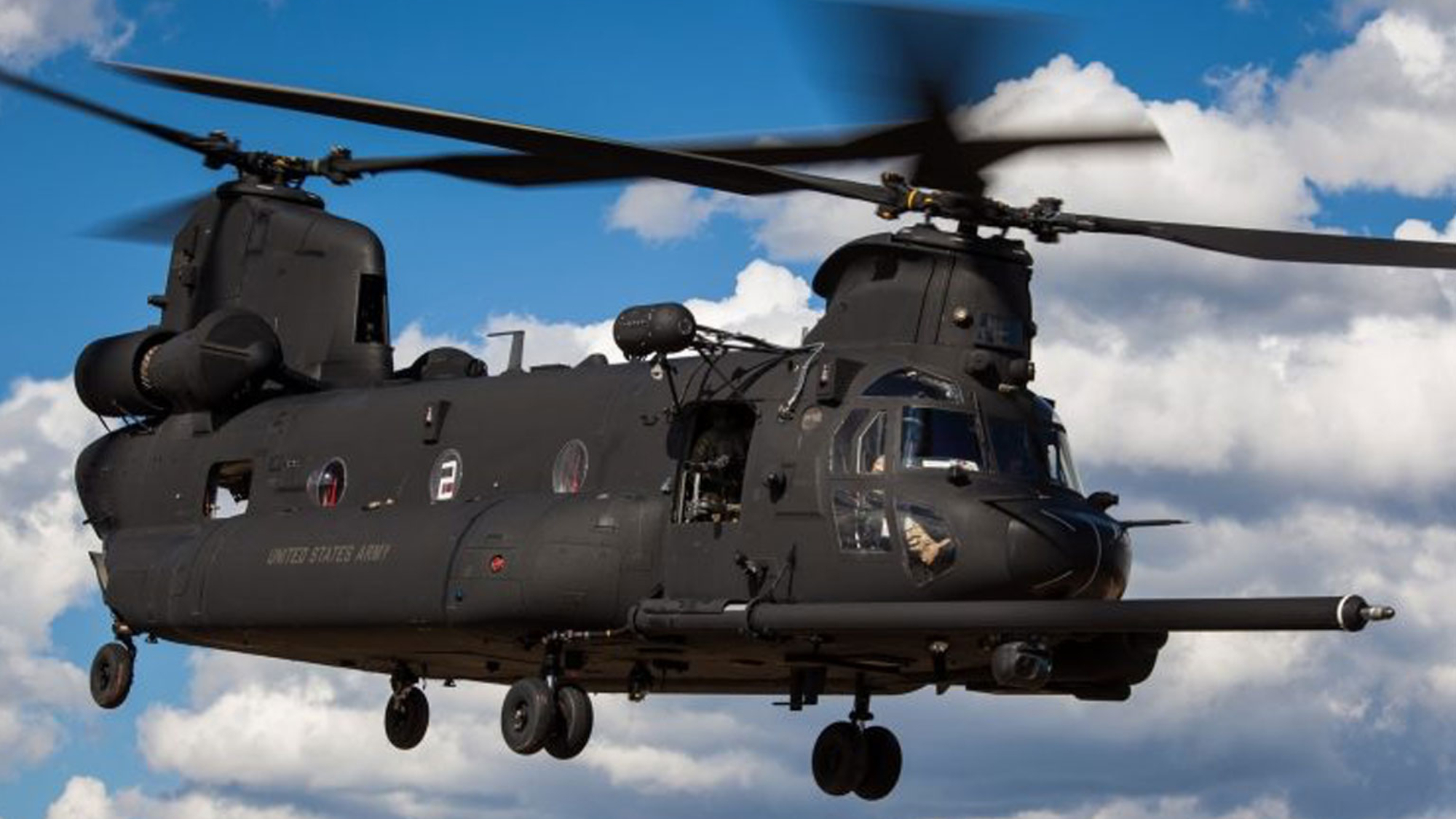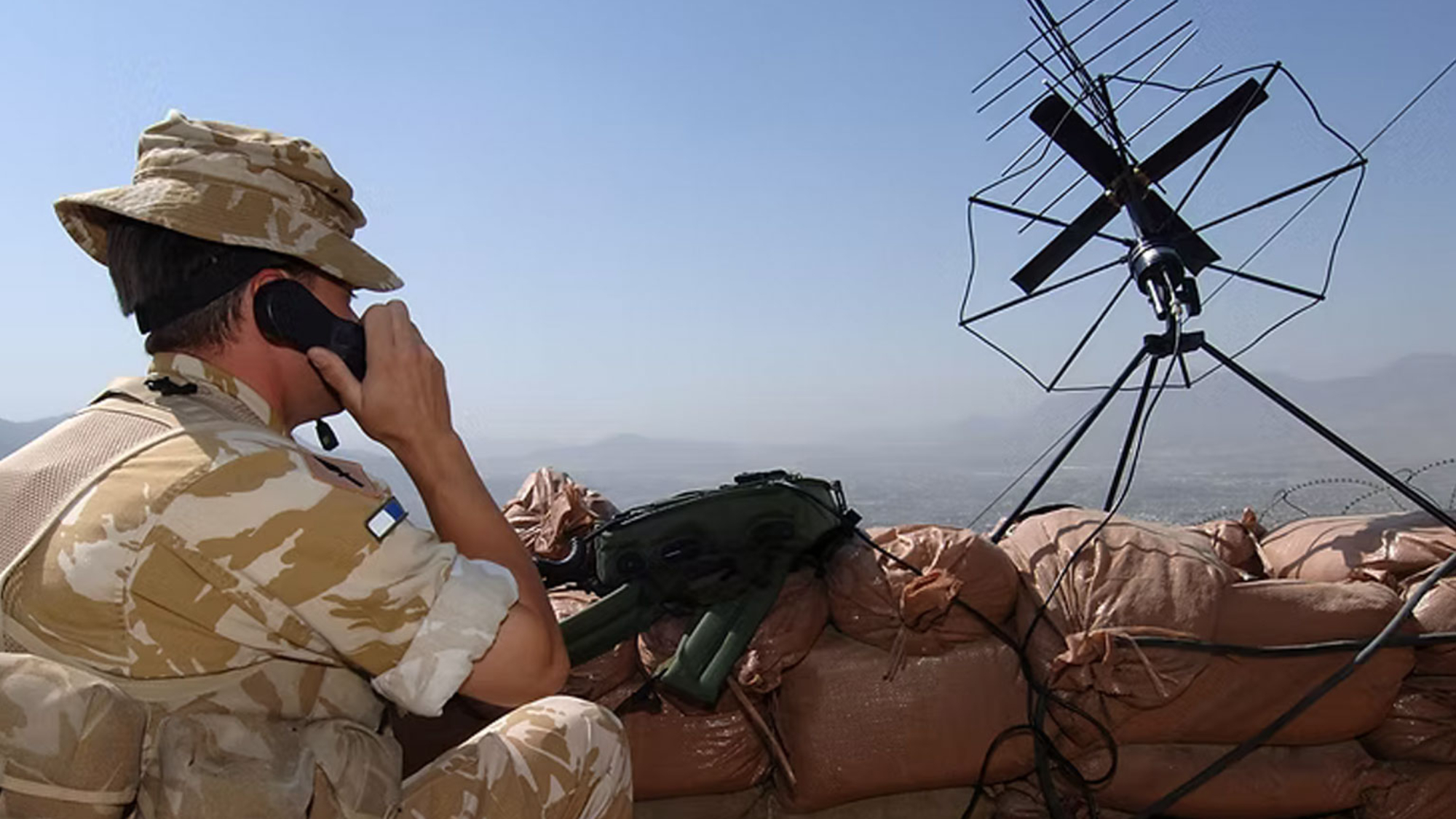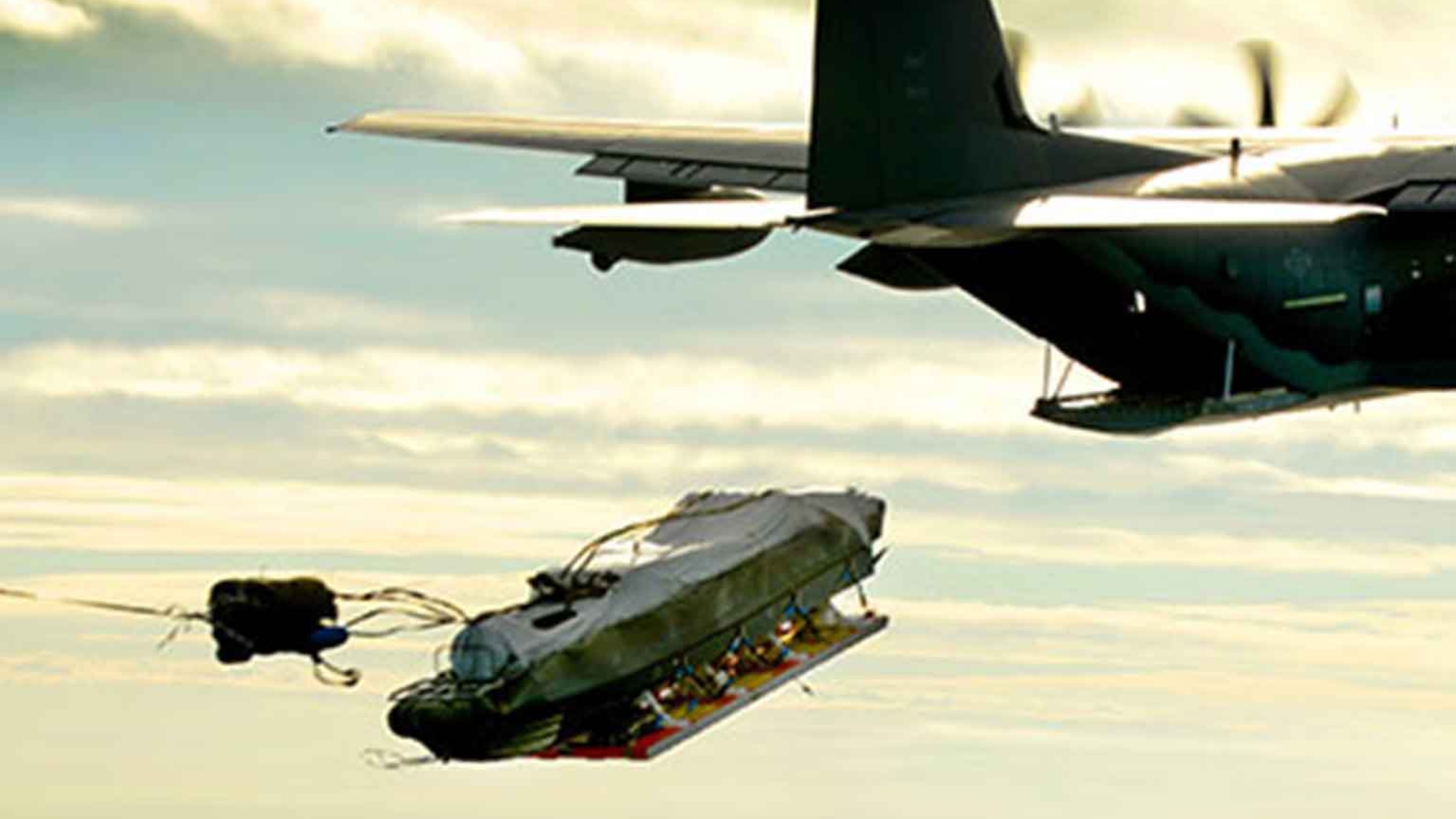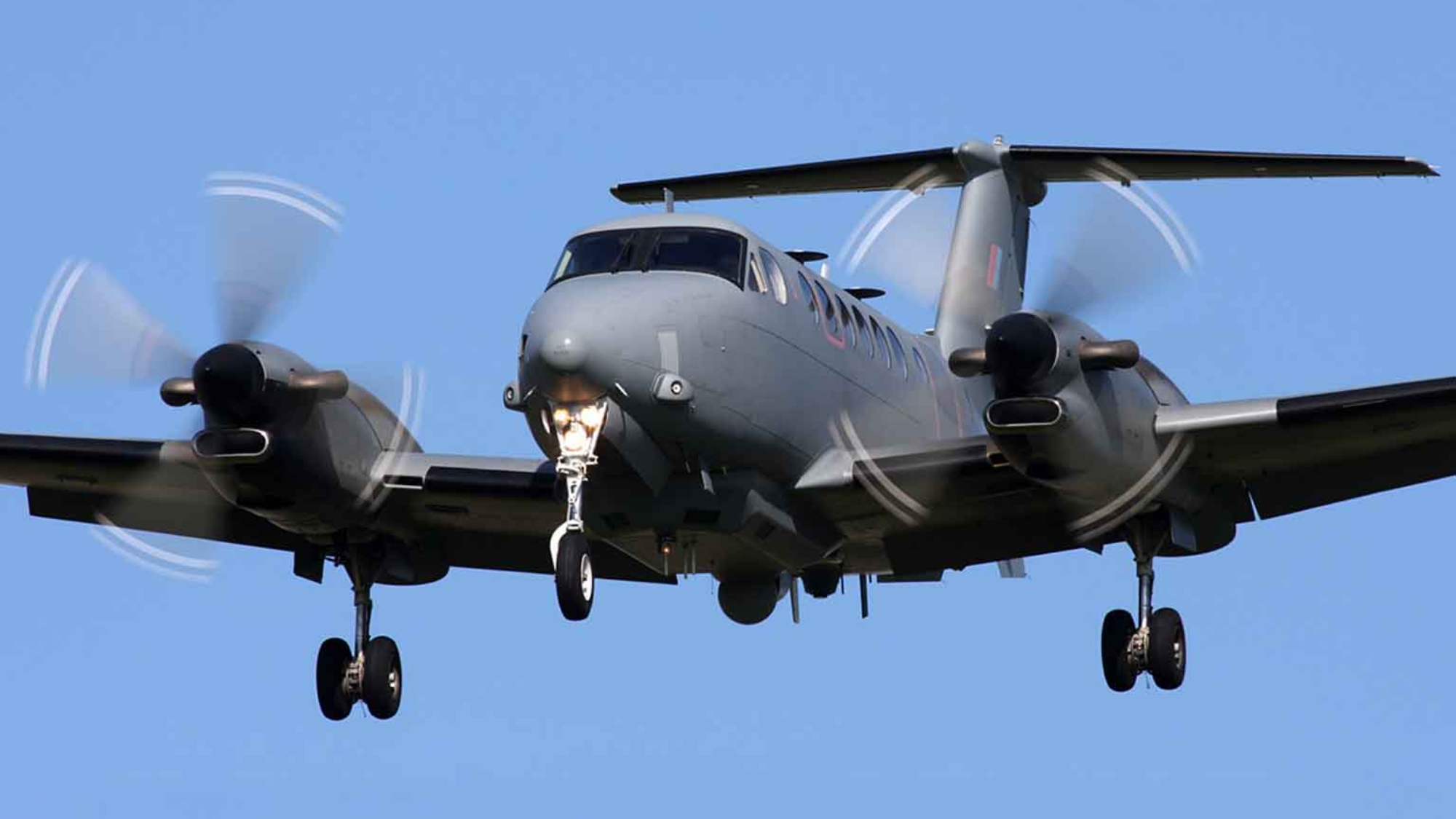The MOD P-8A Poseidon programme comprises of the procurement of 9 Boeing P-8A Poseidon aircraft to be operated by the Royal Air Force. P3C has been sub-contracted by AACE to scope and deliver various Integrated logistic Support plans that support this capability through life.
Logistics Information Systems (LIS)
Working alongside the P-8A Delivery Team at Abbey wood in Bristol, P3C will establish and maintain integrated logistics applications capable of sustaining fleet management and maintenance; this will ensure visibility of assets, usage data, and configuration control, resulting in better planning and reducing costs. It is also considered the function which links a discrete set of technical and supply data sets, to aggregate, analyse, validate and retain information that can be used to influence future Engineering and Logistics decisions.
P3C will develop a LIS Plan which includes the various LIS applications and tools which are required to support P-8A Through Life. The plan is explained in detail by the following Section categories:
- UK P-8A Logistics Information Systems
- Information Systems Data Exchange
- Hardware and Software Requirements
- Training
- Quality Management
- Infrastructure
- Logistics Information Risk Management
- Logistics Information Systems Backup
- Logistics Information Repository
Packaging Handling Storage & Transportation (PHS&T)
The primary aim for UK Defence programmes in relation to PHS&T is to ensure that the full range of PHS&T requirements in support of the P-8A Poseidon fleet is identified, interrelated, and not considered in isolation. Identification of specific requirements for items must be achieved to ensure that all information related to both technical and logistical aspects is captured and communicated. This will ensure the successful transition of all items throughout the End to End (E2E) supply chain, including the Reverse Supply Chain (RSC).
The PHS&T Plan created by P3C will identify the requirements and planning that will be put in place to ensure that all systems, equipment and support items are preserved, packaged, handled, stored and transported appropriately; ultimately to ensure that they reach the end user in a usable and acceptable state.
Disposal Management
The p-8A Disposal Plan sets a baseline for disposal planning to be developed. It provides a roadmap highlighting the options available to the MOD Disposal Team for removing the UK P-8A aircraft from service, in addition it captures the disposal of surplus materiel, damaged equipment and obsolete components through life. It includes the procedures to be followed if the useful life of the UK P-8A aircraft is curtailed due to an accident or mishap and highlights the key stakeholders that will need to be integrated into the disposal process.
The plan delivered and updated by P3C is a management tool, which will be used by the P-8DT Integrated Logistics Team and Engineering Authority and also shared as required with the Front-Line Command and Industry Stakeholders.





